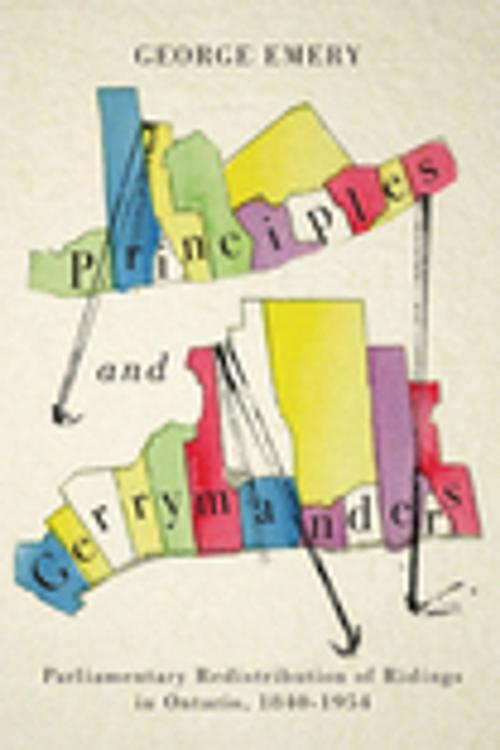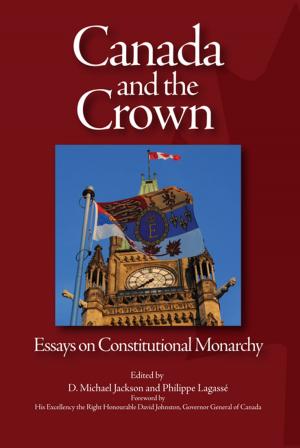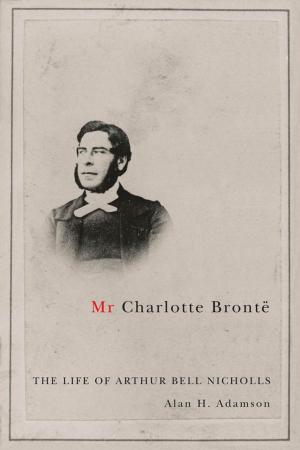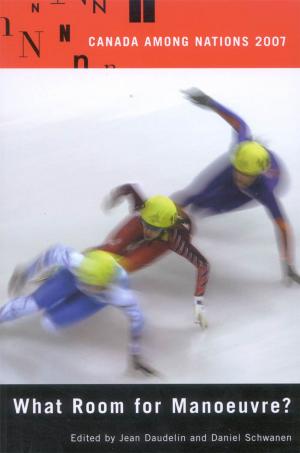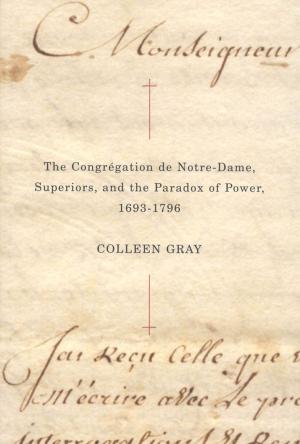Principles and Gerrymanders
Parliamentary Redistribution of Ridings in Ontario, 1840-1973
Nonfiction, Social & Cultural Studies, Political Science, International| Author: | George Emery | ISBN: | 9780773597518 |
| Publisher: | MQUP | Publication: | December 1, 2015 |
| Imprint: | MQUP | Language: | English |
| Author: | George Emery |
| ISBN: | 9780773597518 |
| Publisher: | MQUP |
| Publication: | December 1, 2015 |
| Imprint: | MQUP |
| Language: | English |
Redistributing electoral ridings alters their number, revises their boundaries, or does both at the same time. Ostensibly, the purpose of redistribution is to adjust parliamentary representation for population changes - the growth or decline of population, or shifts in its territorial distribution and social composition. Before an arm's-length commission, headed by a judge, took control of electoral redistribution in the 1960s, parliament - effectively, the majority party - controlled redistribution, raising the possibility that the governing party would adjust the ridings for its own advantage, a practice known as gerrymandering. Providing detailed analyses of parliamentary redistribution in Ontario that preceded the province’s commissioned ridings of the 1960s, George Emery's Principles and Gerrymanders unravels the mechanisms, operational strategies, and exposure to partisanship of parliamentary redistribution and its influence on general election outcomes. Using quantitative research methods, Emery identifies gerrymanders and demonstrates empirically whether or not these worked. He closes with a discussion of the transition to commissioned ridings, what has changed in redistribution, and what continues from the era when parliament redrew ridings. Contextualized with detailed maps and political cartoons, Principles and Gerrymanders is a pioneering study and a major contribution to the literature on Canadian and Ontario political history.
Redistributing electoral ridings alters their number, revises their boundaries, or does both at the same time. Ostensibly, the purpose of redistribution is to adjust parliamentary representation for population changes - the growth or decline of population, or shifts in its territorial distribution and social composition. Before an arm's-length commission, headed by a judge, took control of electoral redistribution in the 1960s, parliament - effectively, the majority party - controlled redistribution, raising the possibility that the governing party would adjust the ridings for its own advantage, a practice known as gerrymandering. Providing detailed analyses of parliamentary redistribution in Ontario that preceded the province’s commissioned ridings of the 1960s, George Emery's Principles and Gerrymanders unravels the mechanisms, operational strategies, and exposure to partisanship of parliamentary redistribution and its influence on general election outcomes. Using quantitative research methods, Emery identifies gerrymanders and demonstrates empirically whether or not these worked. He closes with a discussion of the transition to commissioned ridings, what has changed in redistribution, and what continues from the era when parliament redrew ridings. Contextualized with detailed maps and political cartoons, Principles and Gerrymanders is a pioneering study and a major contribution to the literature on Canadian and Ontario political history.
